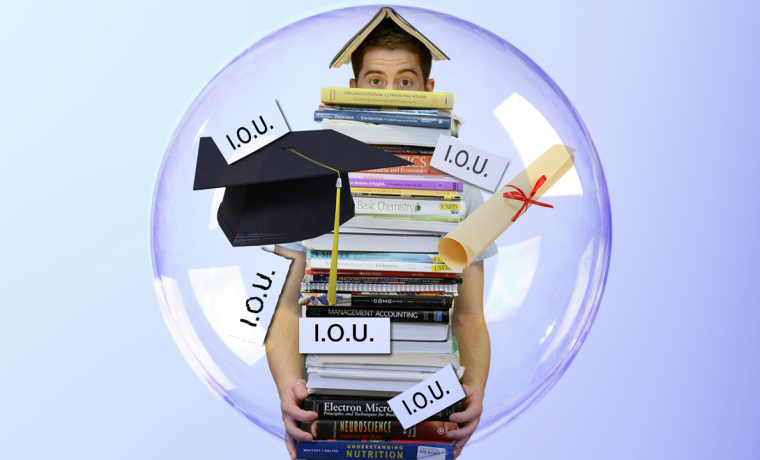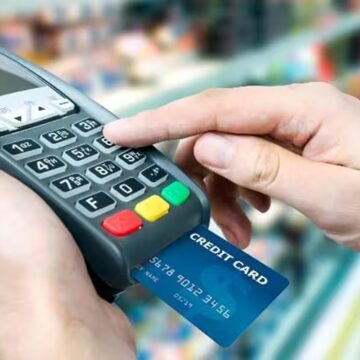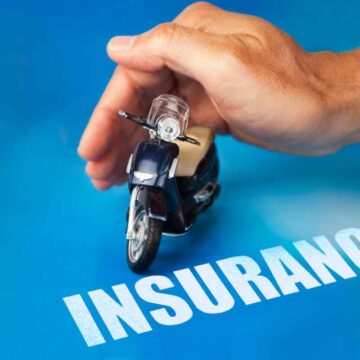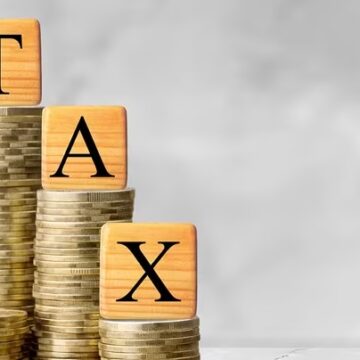A college degree is one of the most valuable assets you can invest in. Don’t let the skyrocketing costs be a roadblock to quality education. Scholarships, financial aid, and a personal loan can help open many doors to a bright future. Just as you understand the application process for your college, you need to know a few basics about a personal loan for education so you make effective, responsible decisions about funding your education.
Typically, banks offer two categories of loans – secured and unsecured.
Secured Loans
A secured loan is when the borrower has to provide collateral or an asset to avail the loan. In the event the borrower fails to pay the loan, the bank keeps/sells the collateral/asset. It’s one of the most common forms of borrowing, especially large sums.
Advantages of secured loans
- Collateral/assets give lenders confidence to give you large sums of money as they have the assurance of getting their money back in case of non-repayment.
- Involves less financial risk so personal loan interest rates are low and the repayment period is longer.
- Allows people with a less-than-perfect credit history to borrow funds as your collateral/assets act as a security blanket.
Disadvantages of secured loans
- Your asset/collateral is at risk. In the unlikely event that you’re unable to repay the loan, they can seize your assets.
- Comparatively slower application process as documents need to be verified.
Unsecured loans
This category allows a borrower to take a personal loan for education without any asset/collateral as security. However, you need a co-applicant/co-signer.
Advantages of unsecured loans
- Much faster application process as it involves minimal documentation.
- Easy to get a loan even with no collateral/assets.
Disadvantages of unsecured loans
- Personal loan interest rates with unsecured loans are higher, as there are chances of delayed/non-payment.
- The co-applicant needs to have a good CIBIL score and a high income for approval of the loan.
- Lower amounts as sanctioned as it involves little or no security.
What happens if you default on either loan?
With secured loans, slightly delayed payment calls for a late fee, but extreme delay results in possession of your asset and negatively affects your credit score.
As with secured loans, the consequence of delayed payment is a low credit score. This remains on your record for nearly seven years, affecting future loans.
Which type of loan is right for you?
Choosing between a secured and unsecured personal loan really depends on you and your needs. Consider personal loan interest rates, how much you require, your ability to provide collateral, repayment requirements, the urgency of funds, fees, miscellaneous charges, your credit history, etc., which will help determine the most suitable option.
A loan can be the key to financing your education and creating opportunities for your future. When you take a personal loan for education, it’s important you clearly understand interest rates and calculate your monthly EMIs with a personal loan EMI calculator so you can manage your money effectively. This ensures you pay back promptly and maintain a good credit score.
















